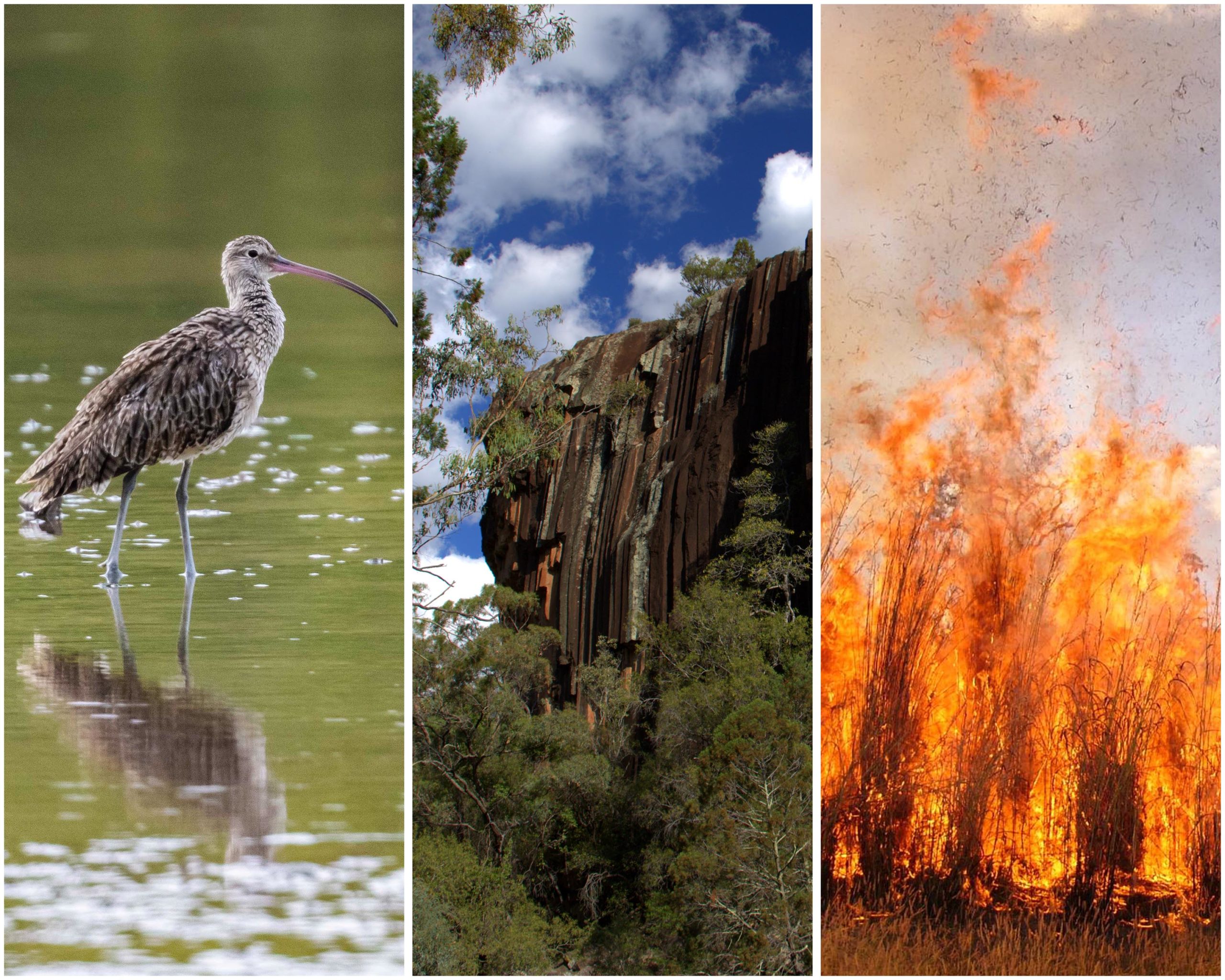22 June 2022
Each NESP hub leads cross-cutting initiative research to support a national, integrated approach to solving some of Australia’s biggest environmental challenges.
The Resilient Landscapes Hub leads the Threatened and migratory species and threatened ecological communities initiative. This research will inform policy development, program management and regulatory processes to protect Australia’s environmental assets in terrestrial, Ramsar and marine environments.
The hub’s vision for this initiative is that scientific and Indigenous knowledges provide an evidence base that enables Australia’s threatened and migratory species and threatened ecological communities to be valued, conserved, recovered or restored, and wisely used, so that they maintain ecosystem services, sustain healthy Country and deliver benefits essential for all Australians and the global community.
Projects under this cross-cutting initiative will closely align with the department’s Threatened Species Action Plan 2022–2032 and its 110 Priority Species and 20 Priority Places. Initiative Leader Professor Helene Marsh from James Cook University is identifying research opportunities within the 6 broad research areas of the Resilient Landscapes Hub and relevant projects from other hubs. This initial scoping has identified research opportunities such as:
 Cross-cutting initiative research will address threatened and migratory species such as the far eastern curlew, threatened ecological communities such as those found in Mt Kaputar National Park, and threatening processes such as gamba grass and fire. Images: Resilient Landscapes Hub, Mark Hodges and Samantha Setterfield.
Cross-cutting initiative research will address threatened and migratory species such as the far eastern curlew, threatened ecological communities such as those found in Mt Kaputar National Park, and threatening processes such as gamba grass and fire. Images: Resilient Landscapes Hub, Mark Hodges and Samantha Setterfield.
Want to know more about the Resilient Landscapes Hub's activities and our research into practical solutions to environmental problems? Stay informed about activities, research, publications, events and more through the Hub newsletter.
"*" indicates required fields